The U.S. State Department has approved three significant arms sales to the Kingdom of Saudi Arabia, totalling more than $1 billion.
The deals, announced on October 11, 2024, include advanced missiles, ammunition, and logistics support, aiming to enhance Saudi Arabia’s capabilities and bolster security in the Middle East.
The first deal involves the sale of 220 AIM-9X Block II Sidewinder Tactical Missiles, valued at approximately $251.8 million. Along with the missiles, the package includes missile containers, support equipment, spares, missile software, training, and technical assistance from both U.S. Government and contractor personnel.
In a statement, the Defense Security Cooperation Agency (DSCA) said, “This proposed sale will contribute to the foreign policy and national security objectives of the United States by ensuring the readiness of a friendly country that continues to be an important force for political stability and economic growth in the Middle East.” RTX Corporation, based in Arlington, VA, will be the principal contractor.
The proposed sale will require U.S. Government and contractor representatives to visit Saudi Arabia annually to provide support, with additional ad hoc travel for engineering and technical assistance as needed.
In a separate approval, Saudi Arabia is set to acquire 2,503 AGM-114R3 Hellfire II missiles at an estimated cost of $655 million. The sale includes a range of support services, including test and support equipment, spare and repair parts, software support, technical documentation, and personnel training. The Hellfire II missiles, which will be used to defend Saudi borders and critical infrastructure, will be provided by Lockheed Martin, based in Troy, AL.
The DSCA remarked, “This proposed sale will improve Saudi Arabia’s capability to meet current and future threats and improve interoperability with systems operated by U.S. forces and other Gulf countries. Saudi Arabia’s continued investment in its defensive capabilities is crucial to protecting its borders, energy infrastructure, and its residents.” The sale will also include Technical Assistance Field Team (TAFT) visits during training phases.
The third deal, worth $139 million, involves the sale of ammunition for artillery systems, machine guns, and tanks. This package includes 10,000 M456 series 105mm High Explosive Anti-Tank Tracer cartridges, alongside various other types of ammunition, propelling charges, fuzes, primers, and grenades.
The DSCA noted, “This proposed sale will support U.S. foreign policy and national security objectives by helping to improve the security of a friendly country that continues to be an important force for political stability and economic growth in the Middle East.”
The ammunition will be sourced from a combination of U.S. Army stock and new procurement, with final vendor details to be negotiated. No additional U.S. Government or contractor personnel will be required to oversee the sale.



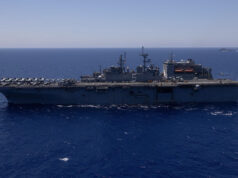
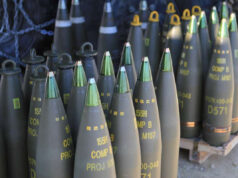
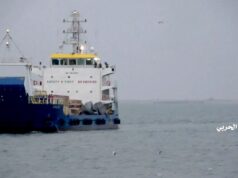


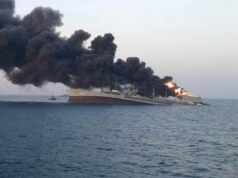
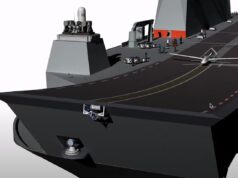
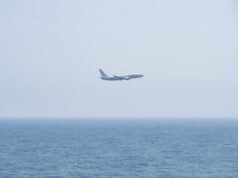

The Saudis have to be concerned w/ the capabilities of both the Houthi and the Iranians. Absolutely no doubt, ME is now a dangerous neighborhood to reside in, or even transit thru.
I think we are headed for a communal bitch slapping of Iran, Saudi would likely join in too.
Iran know they ‘overstepped’ with the October 2023 attacks on Israel (they are responsiblefor) and a time of reckoning for that regime is coming.
“…communal bitch slapping of Iran…”🤣😂😁👍👍
Somewhat OT but relevant: Israelis have just confirmed that Yahya Sinwar is now a historical figure. Unfortunate that it required this amount of time and civilian casualties.
The casualties are just awful, but that Hebrew hammer will be swung until the threat has been sufficiently neutralised.
Depressing that the mass killing of civilians isn’t considered the ‘overstepping’ of Israel, frankly.
No it really isn’t. I live here in the ME.
With the exception of the BAM areas covered by the Houthis its business as usual.
The only difference I see at my work place is the Patriot Battery now covering the Naval base areas ans some SHORAD anti drone systems that have appeared.
Thanks for the ground truth perspective. 👍
Presume BAM is the acronym for the Bab-al-Mandab Strait? 🤔
I am surprised Saudi don’t order the ammunition from Pakistan, as can get it for probably half what they are paying the US for.
Stocking up for potential war with Iran I guess. But what happens if/when the Saudi regime gets overthrown by another terrorist regime? Not that the Saudis are not repressive.
They are repressive, but ‘vitally’ they are a friendly to us ( UK plc), oppressive regime!